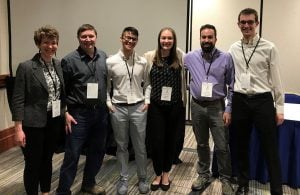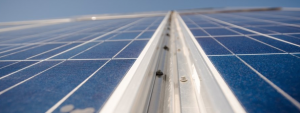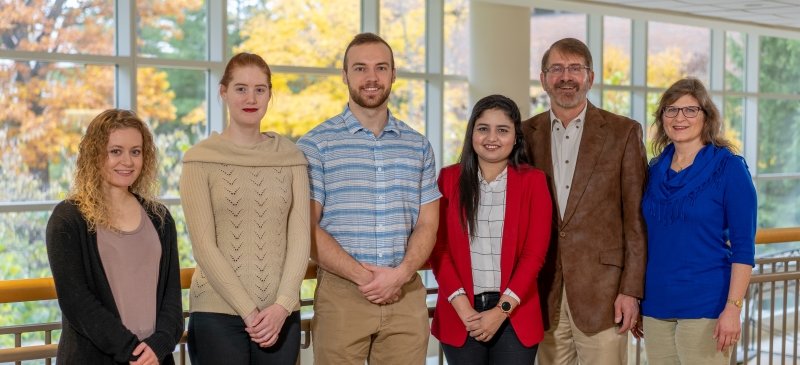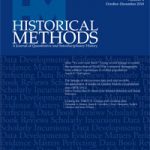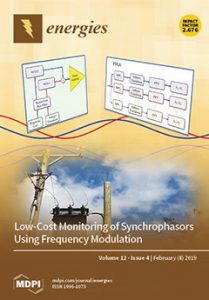
Roman Sidortsov is 1 of 19 residents recently appointed to the UP Energy Task Force by Governor Gretchen Whitmer. In early June, Governor Whitmer signed Executive Order 2019-14 creating the UP Energy Task Force. According to the Governor’s office, “the task force will assess the UP’s overall energy needs and how they are currently being met; identify and evaluate potential changes in energy supply and distribution; and formulate alternative solutions to meet the UP’s energy needs – including alternatives to the current distribution of propane through Line 5, which poses an unacceptable threat to The Great Lakes”. The task force will submit a final report to the Governor in two stages with the first part being due March 31, 2020 and the remainder due March 31, 2021.
